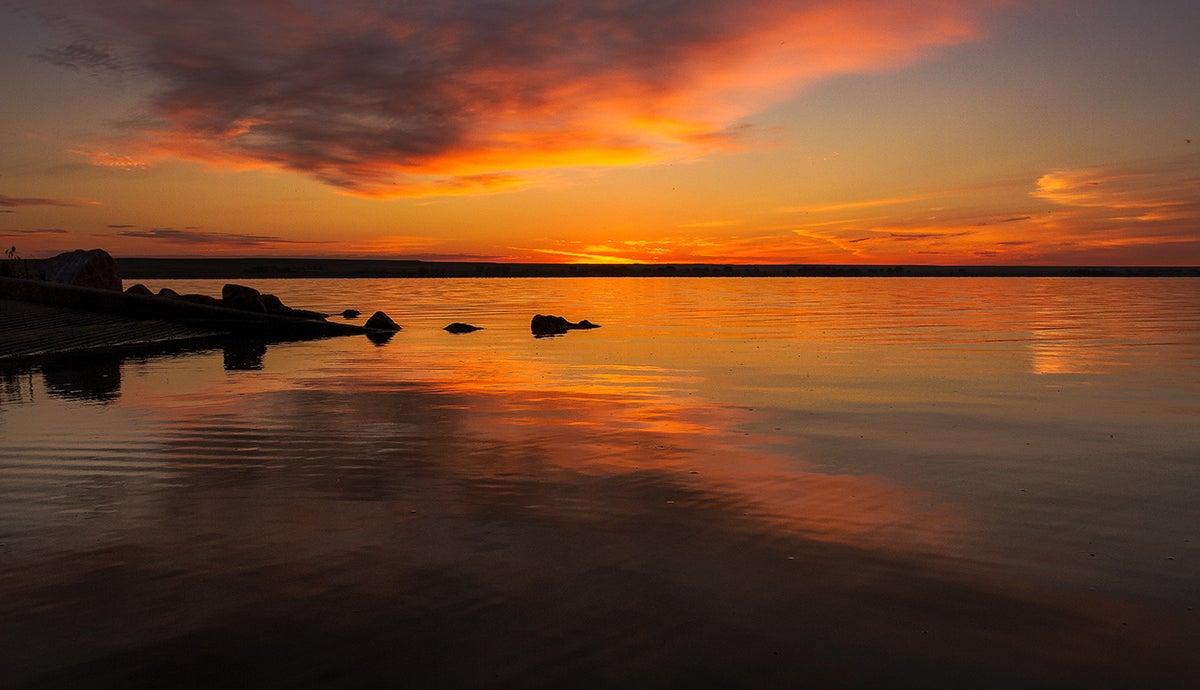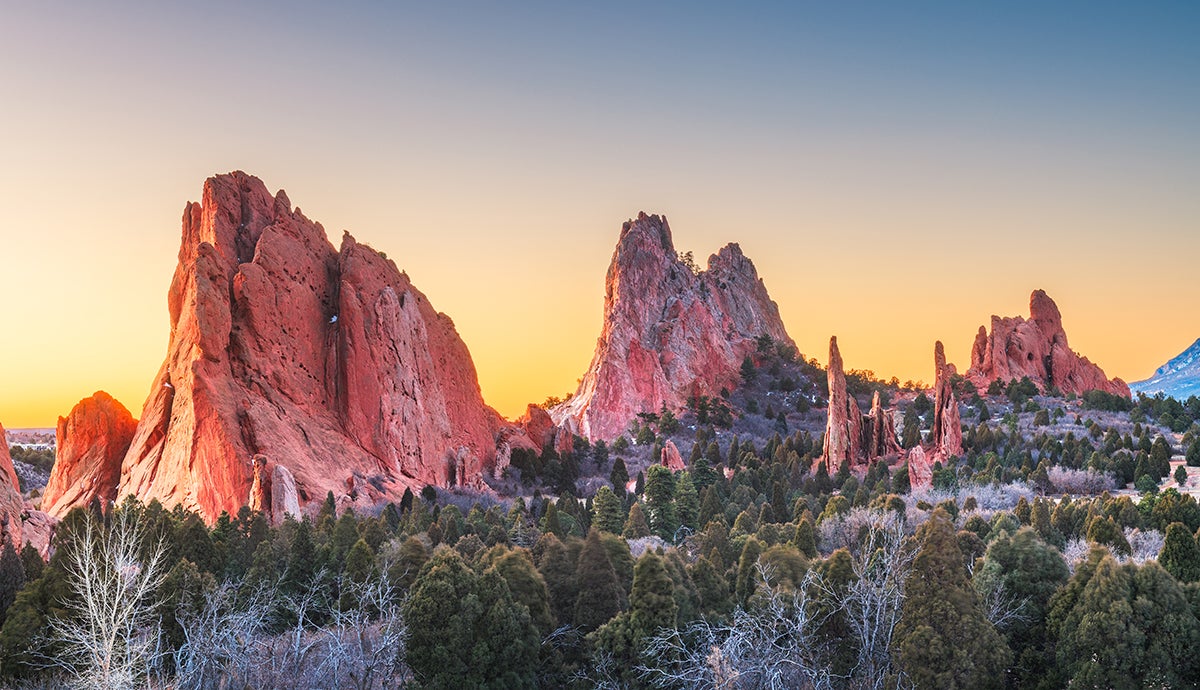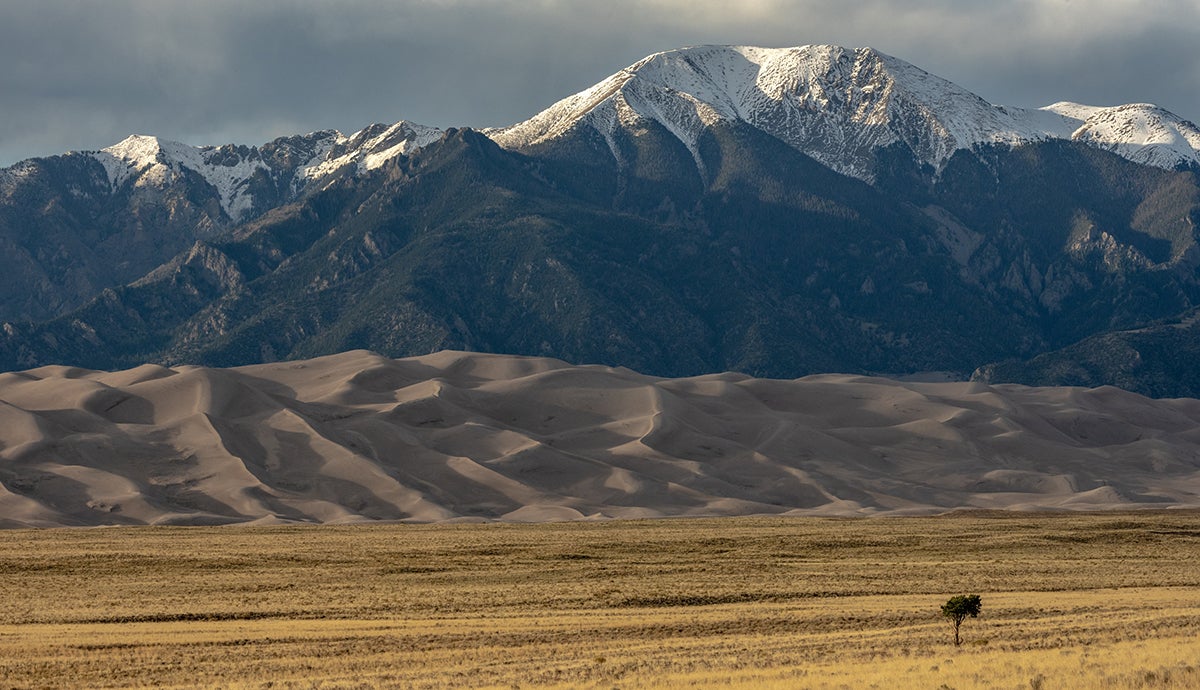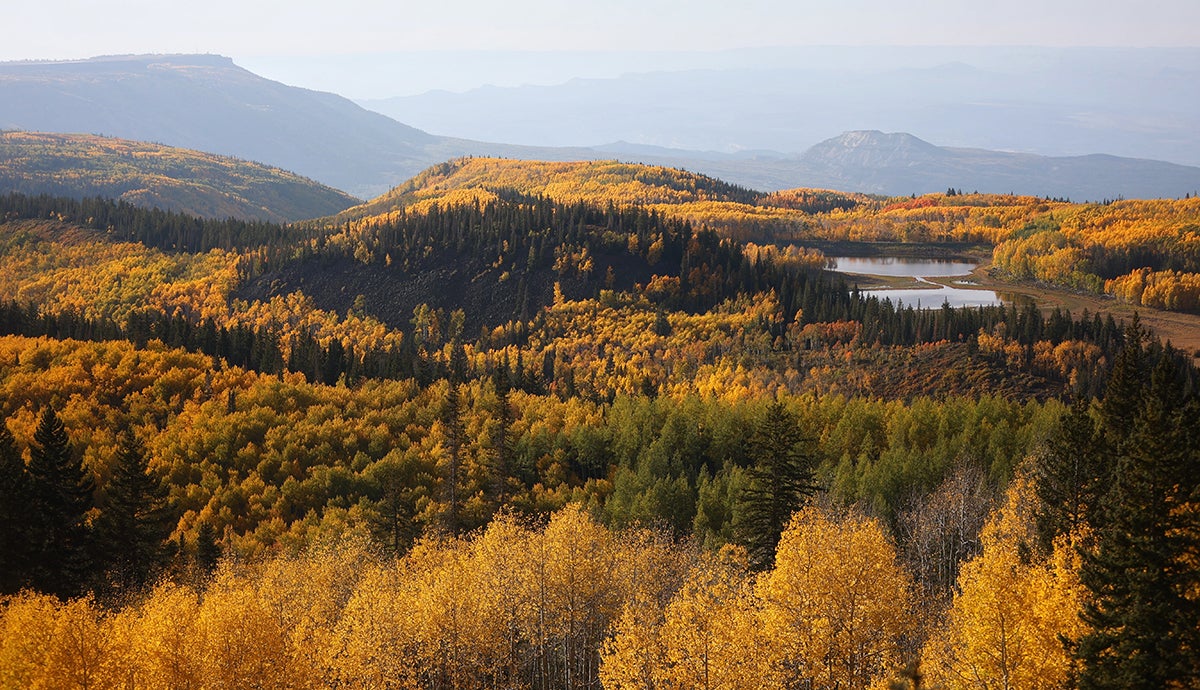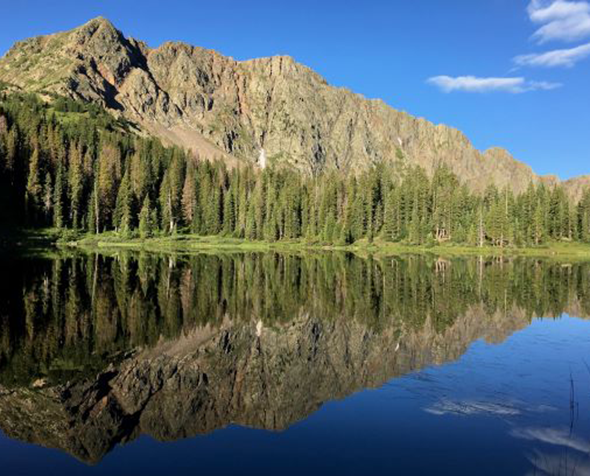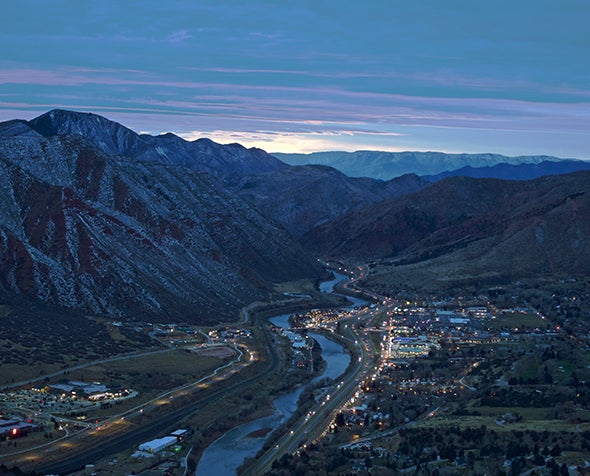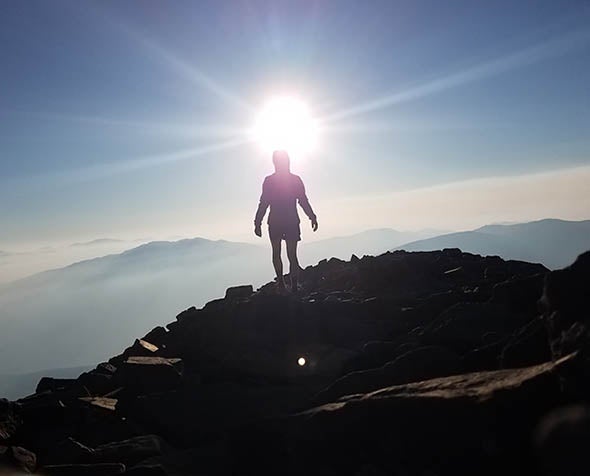5 Places to Scratch Your Itch for Stargazing
When the weight of earthly troubles creates stress, many escape to the stars.
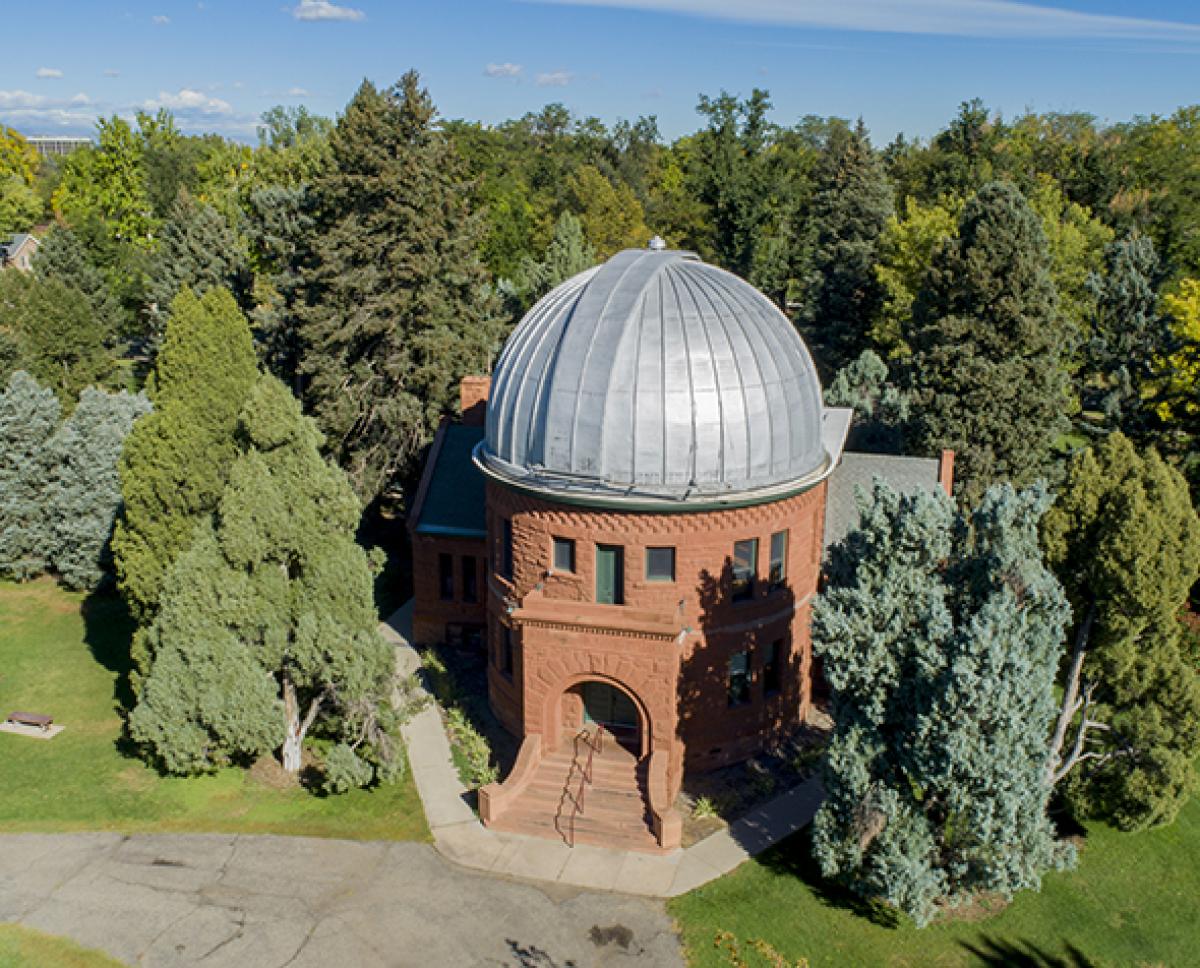
If you’re a fan of stargazing, Colorado offers numerous opportunities to explore the cosmos while keeping your feet planted firmly on Earth.
For this edition of DU Field Notes, we boldly go where—well, quite a few people have gone before—and look at five locations that offer a clear look into the endless void of space.
Chamberlin Observatory
We know, we know. This appears like a little bit of shameless self-promotion. But, dear reader, hear us out. There are exceedingly few places to see the stars in Denver without taking a trip either west into the mountains or east onto the plains. Light pollution is absolutely bonkers in metro Denver, coming in at 2.7 times brighter than the global urban average, according to data released by the National Oceanic and Atmospheric Administration. That’s ninth globally and another instance of Denver being ranked ahead of Miami (go Nuggets, boo light pollution).
Located just a few blocks east of campus at Observatory Park, the Chamberlin Observatory boasts a 20-inch refracting telescope that’s maintained by DU’s Department of Physics and Astronomy. It’s been open for more than 120 years and regularly hosts open houses and public nights. Registration is required to attend and can be done online at the Denver Astronomical Society website. The Chamberlin Observatory also has a Twitter account with additional information and regularly shares updates from astronomers across the country.
Bonus entry: The Kennedy Mountain Campus also allows DU community members to see stars that might not be visible from the urban campus.
Jackson Lake State Park
Just north of Fort Morgan, this stargazing spot requires a 90-minute drive east on Interstate 76. Still, the trip is worth it for the lack of light pollution alone. In 2020, it became the first Colorado State Park to earn the International Dark Skies Park designation, making it one of the best places near Denver to view the stars. Open between May and September as a popular boating destination, once the hubbub of the day clears out, it’s a paradise for those gazing into the infinite depths of the cosmos. More the 240 campsites and a spacious, sandy marina offer numerous areas to post up with a telescope.
Garden of the Gods
Head south to Colorado Springs and you’ll find one of the state’s premier national natural landmarks. But instead of the dramatic geology and excellent hiking you’ll find throughout the day, at night it’s a stargazer’s dream. Even with light pollution from the nearby city, the landmark is regularly featured in long-exposure photographs of constellations behind the signature jutting rocks.
The Colorado Springs Astronomical Society regularly hosts free and open “star parties,” with multiple telescopes pointed at different celestial bodies. A full schedule of events is available at the website for the Garden of the Gods Visitor and Nature Center.
Great Sand Dunes National Park
If you’re a fan of “Star Wars” or “Dune,” you can bring a little piece of sci-fi to your stargazing activities by visiting Great Sand Dunes National Park. While you can’t travel to Tatooine or Arrakis, the unique, desert-like surroundings will add some flair to your interstellar exploration. Between the dry air, high elevation and dark skies, it’s one of the best places in Colorado to view the Milky Way and capture it in photos. Just be careful to avoid mountain lions and black bears, and don’t forget to wear warm clothes to combat the cool nighttime temperatures.
Grand Mesa Observatory
One of Colorado’s hidden gems for stargazers, the Grand Mesa Observatory on the Western Slope has a couple unique offerings. Similar to the Great Sand Dunes, Grand Mesa is dark, dry and at a high elevation. It’s one of the few places in Colorado that offers private rentals of high-end stargazing equipment to capture images and data at your leisure.
If you don’t want to make the trip yourself, the observatory offers subscription services where a professional will snap images and data at your direction.








